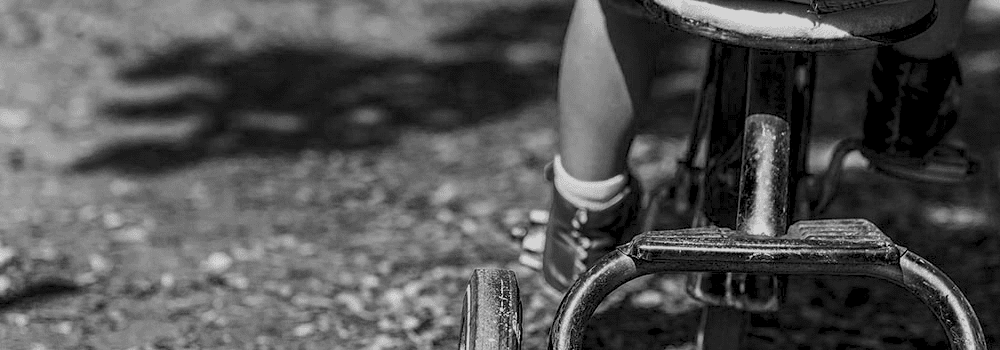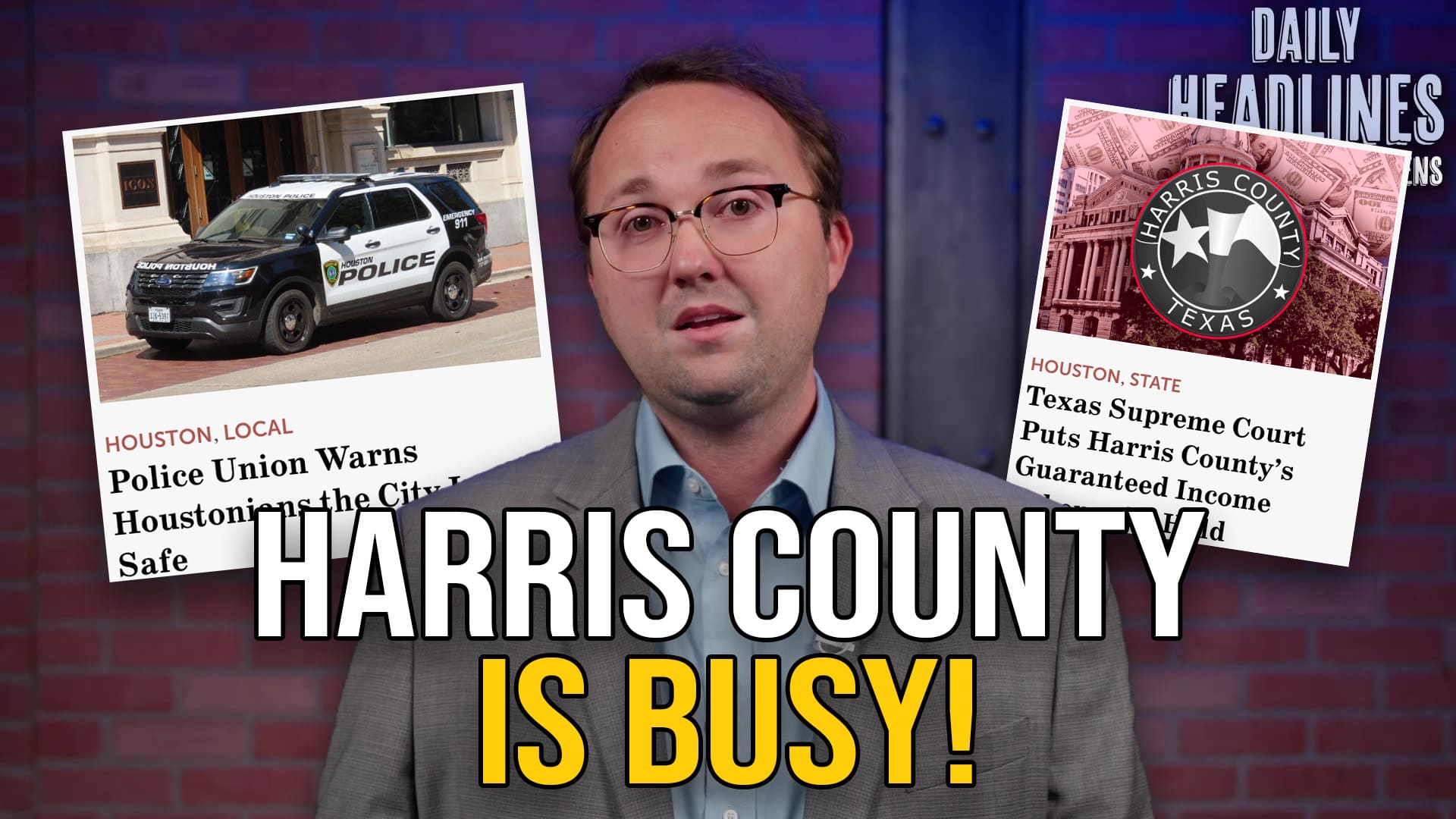Reforming Child Protective Services has been a priority for many in the Texas Legislature this session, and the center of heated debate. The Texas House is now set to debate another piece of legislation in this long battle to fix a broken system: House Bill 1549.
But before we get into CPS policy, though, I want to tell you about my first-hand experience as a foster child and my journey to being adopted.
In my short life, I have seen and experienced many things—more than most will in a lifetime.
I have seen my birth mother suffer through alcoholism and addiction, both exacerbated by her bi-polar disorder. I witnessed her get beaten by her boyfriends and watched her constant battle to make ends meet. I have seen my relationship with my non-existent father completely dissolve as drugs overtook his love for me.
I have been that child who shows up to school with unexplained bruises. I have been that child who thinks her mom would have rather had an abortion. I have been physically abused, emotionally abused, and neglected.
I was the kid who lived in constant fear and was afraid to tell anyone what was happening at home, until I came to school with a black eye. This was when I entered Child Protective Services.
At the age of nine, I was immediately removed from my mother and placed in a foster care home. While CPS standard procedure is to place a child who is considered an “emergency removal” with direct kin, I had to be placed in a foster home until my caseworker cleared extended family who lived in the area.
I couldn’t be placed with my grandmother because her boyfriend had sexually molested me.
During this time my aunt in Texas pleaded with the Kentucky appointed judge for me to be allowed to come back and live with her.
“Regretfully, we only wish we could have raised her knowing the childhood she has experienced with her mother,” she said in a court document.
The judge denied her request.
The trauma I experienced from CPS during my first week of being removed from my birth mother is unexplainable. In interview after interview with caseworker after caseworker I was forced to recount the stories of my abuse, reliving each incident, each time. Following those interviews I was then subjected to poking and prodding by state approved doctors who documented my emotional and physical wounds, but did nothing to allay them.
Not only did CPS fail me each time they visited me before I was nine, but they also failed me when I was hurting the most, and they failed me when they placed me back in the custody of my birth mother.
On December 12, 2003, a few months after reunification, my birth mother sent me to Texas because she “didn’t want me anymore.”
Thus began my journey to adoption.
As I walked onto the plane, I could feel the 12 years of stress lifting off of me. All the sleepless nights I spent crying, pleading for help, and praying for strength to make it through the next day seemed to melt away with every step I took down the platform.
The moment my aunt received the phone call from my birth mother, was the moment she became my warrior.
Before my official adoption on November 9, 2008 my aunt and uncle (who would become my parents) sought legal custody of me for two years. During the majority of that time, we lived in constant fear that my birth mother could demand me back—an opportunity afforded to her by a court order.
This order was imposed regardless of the fact we had recordings of her emotional abuse on the phone and of a voicemail saying she didn’t want me anymore muddled by curse words. This is when the court system failed me.
It took 15 years, countless CPS workers, multiple lawyers, doctors, therapists, judges, parenting courses, and foster parents for me to be placed in a safe, secure home with those who I could call Mom and Dad.
Let this be a lesson to legislators as to what is at stake.
According to my history the state studies would say that I should have become a teen mom, been incarcerated, or even dead by now. I beat those odds, but not all foster children can without help.
And as the system exists currently, victims are being placed in situations that are detrimental to their well-being, that perpetuate their abuse, that fail to provide them the support they need to thrive.
Proponents of HB 1549 will say this bill was created in efforts to strengthen prevention and early intervention services. What they fail to mention is it as it is written today, this legislation would target former foster children like me—writing us off as foregone failures and concluding that we, the former victims, are now threats.
This bill doesn’t do anything to break the cycle of abuse. In fact, it makes matters worse.
Before a complaint of abuse is even filed, CPS would be able to use “environmental risk factors” to rank families who could be at risk for child abuse and neglect.
The truth is, this bill is targeting families based off of where they live, not by complaints filed, making lower income families vulnerable, and targeting former foster care children who would be considered “dependent variables.”
Once CPS has targeted a family, their idea of prevention includes home visits, which have been scientifically proven to be traumatic to children and detrimental to families. Indeed, HB 1549 falls short of helping families. And if passed, it would lead to children in situations like mine being further victimized.
Lawmakers should focus on providing early intervention services, not spending $113.1 million of taxpayer money to target the disadvantaged, blame victims, and possibly destroy families.
As someone who could be considered high-risk given my history, it is unfair to mark former foster children with a “Scarlet Letter.” And I speak for all foster children when I say we would never wish what has happened to us upon anyone else.
I hope legislators don’t fail Texas foster children the way they failed me and countless other children across the state.




